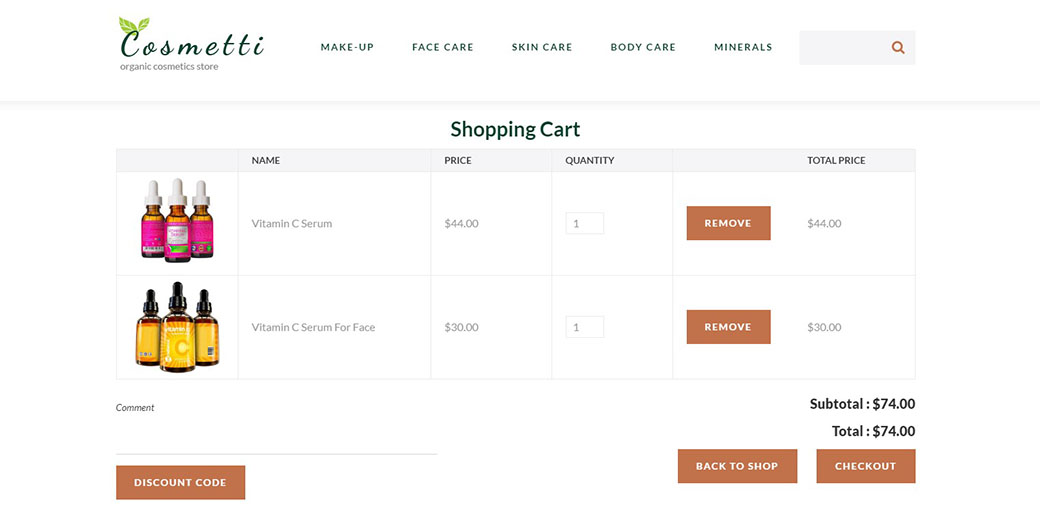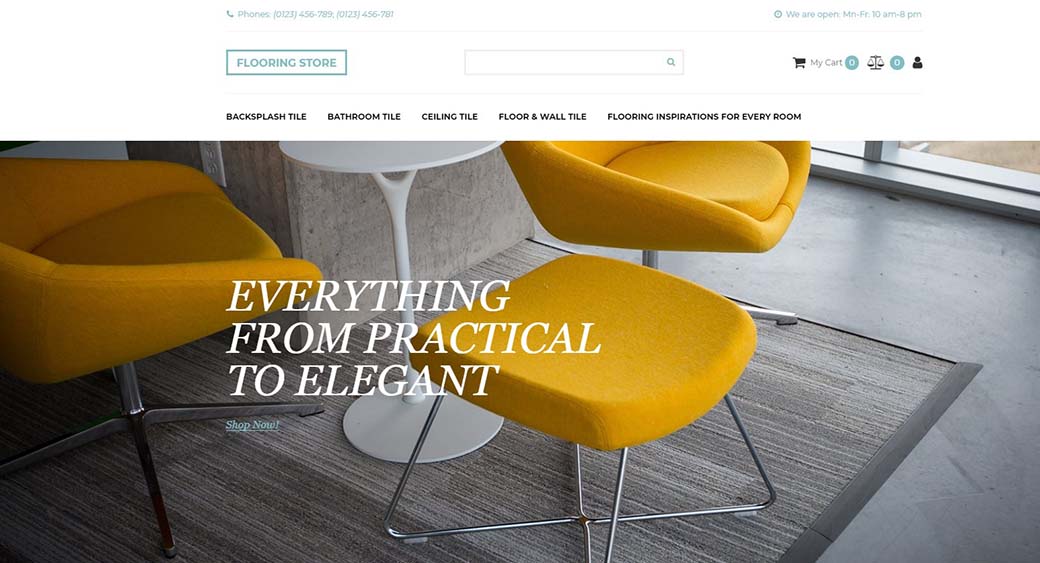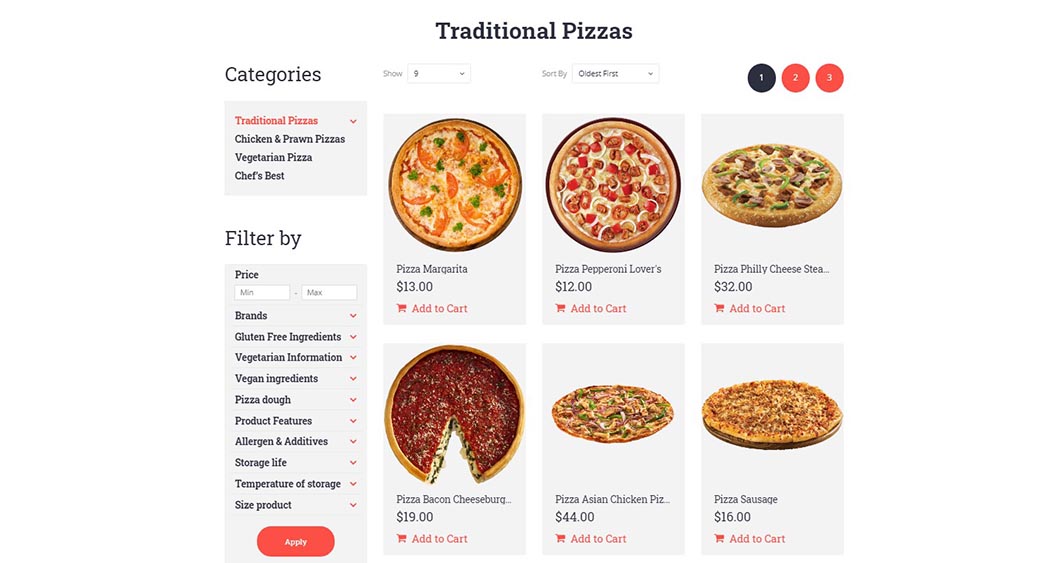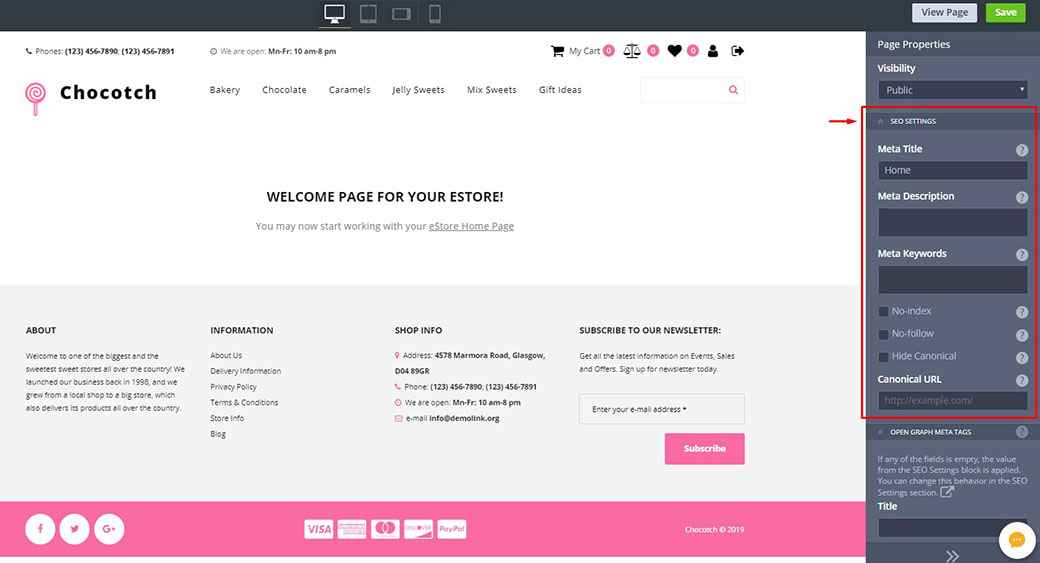Content Management for Ecommerce – How to Make It Work
There is so much to consider that getting a new website is challenging. These considerations include domains, hosting, cost, content, and deadlines. Appropriate content management for eCommerce is a massive business asset.

eMarketer once projected that shoppers will have spent over 23 trillion dollars by the end of 2017, growing 5-6 percent year-on-year until at least 2020. That is plenty of potential in terms of the customer base. What should online merchants like you be doing to engage with them?
Why You Need a CMS
Brick-and-mortar shopping is still trendy, and overall sales continue to climb as new outlets emerge innovatively. But, online sales are also picking up pace in an exponential manner. There are billions of connected devices, from smartphones and tablets to wearables and smart speakers. This has made online buying effortless, and customers enjoy the convenience this offers.

But e-retailing is not only about offering the customer browsing and shopping cart options. It also entails the merchant’s strategy to set themselves apart in a crowded field by making their store much more than a simple online store. Using a content management system, your website can become an unmatched promotional tool.
A Content Management System is commonly known by the acronym CMS. It is software that runs your website, enabling you to change content. Therefore, you can write blog posts, edit information, or include new product photos. There is a wide variety of content management systems on the market. Only a handful are relevant for the peculiar needs of your eCommerce website due to the very different benefits that each CMS offers.
There are a few considerations to note when you shop for a CMS that will do the heavy lifting for your online retail website. How could a CMS give you an edge over the endless number of competing brands? First, you need to consider.
Content Management for E-commerce – What Your Customers Expect
You need to determine the exact eCommerce capabilities that you need from your CMS. It is what sets the eCommerce kings apart from the rest of the pack.
Consistent Brand Identity
There is prime importance in maintaining the consistency of your brand to cultivate trust and encourage loyalty to your brand. It simplifies how your customer identifies you and the products or services you provide.

A content management system can enforce a consistent messaging look and feel, regardless of whether your customers interact via desktop, mobile, email, or social. We know this as the omnichannel approach; it is not optional if your business serves content to customers across multiple touchpoints.
An agile CMS allows users to perform edits and publish content across channels instantaneously. Investing in one is an integral step towards the omnichannel.
Content-Rich Experiences
PriceWaterhouseCoopers wrote in its Total Retail Survey 2017 that the website is both an online store and a marketing vehicle for retailers. Many successful online retailers provide customers with rich experiences, including quizzes and editorial features.
For instant publication of various content types on your eCommerce website, a flexible CMS is a tool you want. Mainly, you can easily and quickly update your content in response to customer requests and trends. It involves more than merely selling products. It is about publishing content that will resonate with customers and your response to events that might interest your audience. Therefore, you give your brand an engaging personality, and consumers will return to you with even more business.
Personalization Driven by Insight
Let’s focus on Amazon for a brief moment. It began life as an online bookseller in 1994. Today, it offers cloud services, media streaming, consumer electronics, and space travel. But what makes tick? Part of it lies in the fact that it is insights-driven.
Amazon delivers products and services by relying on customer insights to offer each customer a personalized experience. According to Forrester, insights-driven businesses will make over $1.2 trillion in 2020. As customers increasingly expect personalized experiences from shopping online, it only makes sense that your company builds relevant capacity in this area.
The CMS is fundamentally a data management system. With appropriate integrated tools, it can collect data and coalesce meaningful insights from customer data. So it gives you a deeper understanding of your audience.

Content Management for Ecommerce – Cardinal Characteristics
Easy Checkout Process
How you design the checkout process on your website’s front end is essential. But the backend is equally important. This is something many online merchants ignore. ECommerce content management should provide you with quick and easy updates on customer orders. The same should apply to other site functions such as information inquiries, quote requests, and invoices.
The CMS should offer an efficient system that lets your team provide the best customer service possible.
Products and Category Control
Changing the details or pricing of a product is a fact of life in modern-day retail. Outdated information on your eCommerce website may cause customers frustration and lead them to avoid shopping with you in the future.
A CMS should let your team control photos, descriptions, and other content on product and category pages to provide the customer with the most relevant and up-to-date information.

Another critical feature of a content management system that will work for your eCommerce website is automatic updates to product information. For instance, you can get details such as when a product is sold out.
Security for Customers
Customers often worry about how secure shopping carts are. A viable CMS must provide an intuitive and safe environment for customers to quickly and safely enter their private information. Security is also essential when considering the hosting provider, you will eventually work with. Apex hosting is a trusted provider of viable hosting solutions for eCommerce content management systems. More than that, you should have a valid SAN SSL Certificate to ensure your website has an https protocol, and the customers` data is safe.
Content Management for Ecommerce Personalization
A content management system that can provide personalized web pages for returning customers. These include pages with a particular price list or product line that fits each user’s preferences, which is what your eCommerce website needs.
Internal staff should be able to update and add to these personalized areas of the website depending on your organization’s needs and what it wants to share with peculiar user groups.

Search Engine Optimization Support
Your chosen CMS should contribute impressively to your entire SEO infrastructure by allowing staff to easily update meta information, intelligent URLs, and webpage content, depending on your current SEO strategy.
Many CMS solutions do not play well with search engines, as SEO was not a significant development consideration. Producing content using such a CMS typically leads to the following:
- Poor URLS: For your eCommerce website to do well in SERPs (Search Engine Results Pages), keyword-rich URLs are critical. Many CMSs do not provide the opportunity to develop URLs that engage keywords and show users’ search intent.
- Design That Does Not Follow Best Practice: An eCommerce website with the appearance and usability you need must also be coded right. Search engines read code, not the page itself. One can achieve this through practices such as semantic markup to build pages in an understandable way for web search tools.
- Awful Meta Tags: Web search tools use meta tags to understand what a page is about. Many CMS platforms do not allow users to assign a relevant title or unique description meta tags to content. These elements are essential to help search engines find your pages.

For your content to achieve better rankings, everyone using your CMS should be able to optimize any content they make using your CMS. This means your CMS should allow users with minimal knowledge about the platform to specify effective title tags, descriptions, image alt, URLs rich in keywords, etc.
Extensibility
Your CMS is central to how your eCommerce operations will scale. It is possible to extend most CMSs by purchasing plugins or modules. They become more capable than their default capacities. While this may appear complicated, following the basics is easy. However, you must focus intently on the following as you perform your framework design:
Work Towards a Specific Outline
Opt for composition instead of legacy, always code to interfaces, etc.
Avoid Too Much Design
Undesirable features make unreasonable use of time and money. They also make it more challenging to make improvements in the future. Also, deliver components in measured iterations and refactor often.
Write Unit Tests
A crucial part of the process that will guide your design.
Content Management for Ecommerce – What Options to Consider?
Brands needing eCommerce capabilities on their websites have several options available to them. They can use a dedicated eCommerce platform. These are hosted offsite. They may also opt to manage their eCommerce functions through their content management system.
The needs of your business will determine what solution you choose. However, if you have few items to sell, the hosted option is likely better for you. Hosted eCommerce solutions work out of the box and cost you far less. They have an accessible (intuitive) backend and require very minimal knowledge of software development (if any).
But if you want to scale anytime in the future, a CMS, such as MotoCMS, is a robust and flexible way to manage the extra demand. It also offers you more options than a hosted solution, giving you access to any available add-ons and plugins. Characterizing your requirements will help you dispose of CMS arrangements that are not comprehensive enough for your business.




Leave a Reply